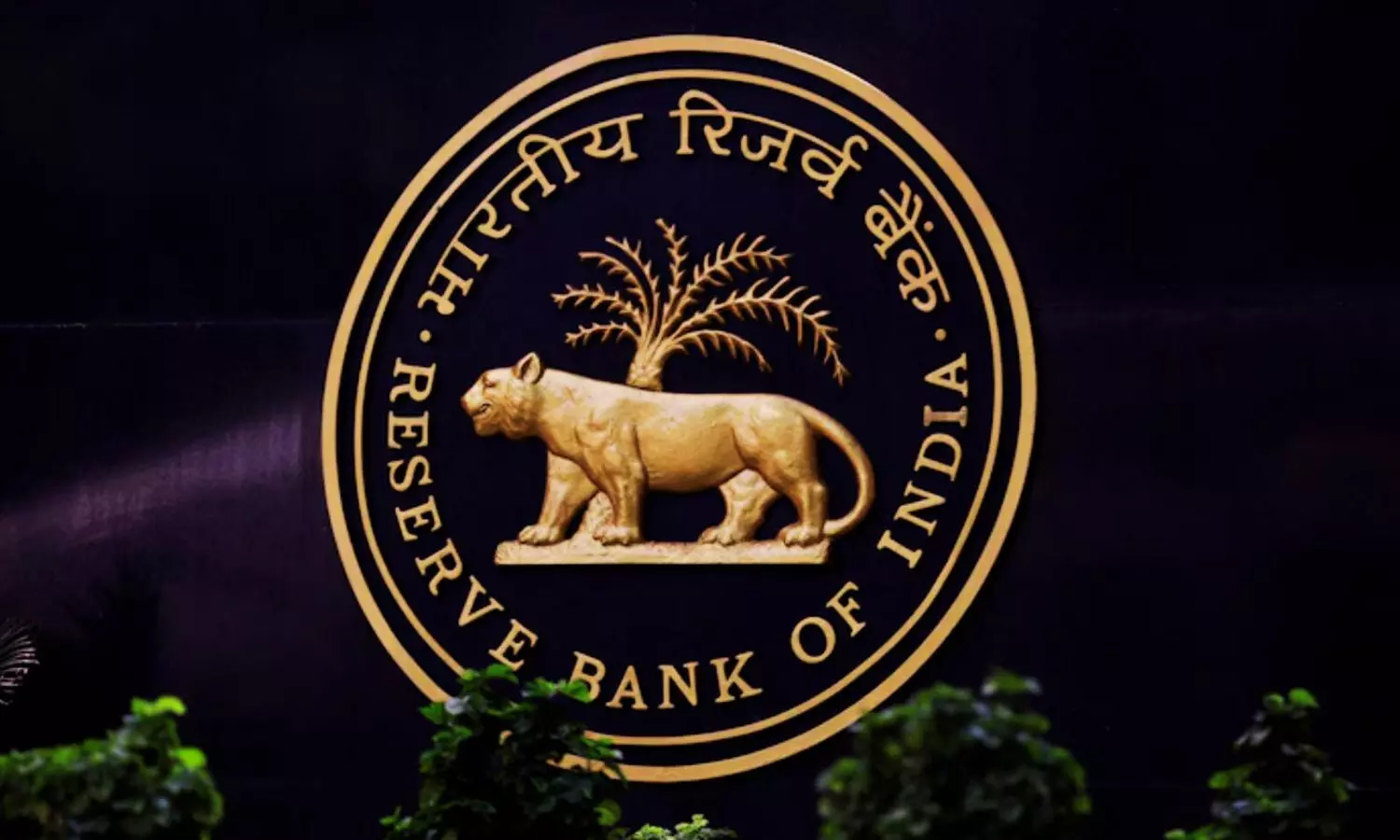RBI Bans 3 NBFCs Including Navi; Fintech Industry Left Worried
RBI’s ban on 3 NBFCs including Sachin Bansal’s Navi Finserv has kept the fintech industry in a worry.
RBI Bans 3 NBFCs Including Navi; Fintech Industry Left Worried

The Reserve Bank of India’s ban on three Non-Banking Financial Companies (NBFCs) including Sachin Bansal’s Navi Finserv has left the fintech industry in a tizzy.
The matter pertains to excessive interest rates charged by few NBFCs and their non-adherence with regulatory norms. The action taken by the central bank entails unsustainable growth strategies adopted by the NBFCs. Additionally, several unethical practices including non compliance to Fair Practices Code, improper income assessments, and neglect of borrowers' repayment capacities, especially in the microfinance sector were brought to light.
In this issue, several leaders have expressed their support for RBI’s regulatory actions. However, on the other hand, many experts have also raised concerns about the move.They argue that the crackdown could potentially stifle innovation while also limiting access in the untapped market.
Though most NBFCs operate within the permissible limits, a few go out of their way for rapid growth without a risk framework, claim experts.
A founder of a leading microfinance NBFC said that the growth-at-any-cost mentality is alarming.
He added, "Yes, there's pressure to show returns, but aggressive expansion without adequate risk management is setting us up for long-term failure."
In a social media post, Sanjay Swamy, vice-president of Prime Ventures said, “Crib all you want about the actions of the regulator, but bluntly put, you simply cannot choose to interpret regulations to your convenience. If you are committed to 100 percent compliance, you have nothing to worry about. It's not easy to build a fintech business. There are no get-rich-quick schemes, but there are huge problems to solve, and if one takes the long-term view, there will always be meaningful and large companies to be built.”
Reiterating about a newer approach, a founder of a prominent housing finance company stated that NBFCs are pressurised to maintain double-digit growth. This decision has prompted some players in cutting the corners as well.
A P2P founder of a leading firm said, “The RBI also feels that these loans, often without any end-use monitoring, are making their way to the stock market. With this circular, the whole lending industry will go on high alert and slow down drastically. It will be difficult for a lot of fintechs and NBFCs to survive going forward.”
The founder’s statement gives a broader picture about the impact the RBI could have on fintechs.
Supporting the central bank’s decision, another founder said, “The RBI crackdown citing usurious interest rates is very strong. Now, banks will think twice before partnering with fintechs for a co-lending arrangement. This could have a serious impact if the review doesn't come out in favour of Navi and others.”
Notably, experts have also pointed out the mounting pressure from investors. To this, business advisory firm MGB said, “Some NBFCs, including MFIs and HFCs, have been found to pursue excessive returns on equity due to substantial capital inflows from domestic and international investors. This pursuit often leads to the imposition of exorbitant interest rates, high processing fees, and frivolous penalties on borrowers. Such practices, driven by investor pressure, are unsustainable and unethical.”
Previously, RBI has mandated ‘self correction’ with the NBFC sector to avoid a potential crisis.
Abhishek Kumar, VC at Unleash Capital said that “loads of misplaced anger from the fintech/startup community” against the RBI. He added, “A lot of players in the ecosystem are reading this as some sort of selective rage against fintechs, which it is not. The RBI has initiated action against players that have not sorted their house despite repeated warnings.”
Noting that RBI’s directive is expected to lead to a cautious pullback among NBFC-fintechs, Kumar said, “This will likely spook a few NBFCs that have been on aggressive expansion trajectories,” said the founder of a mid-sized NBFC. “I expect some players to slow down on lending, especially in high-risk, unsecured segments.”
Founders are also worried as such actions could limit their operations in untapped segments. A founder of a microlender said, “The risk of pulling back too hard is that it will leave borrowers in Tier 2 and Tier 3 cities, who depend on NBFCs, vulnerable to informal moneylenders.”

